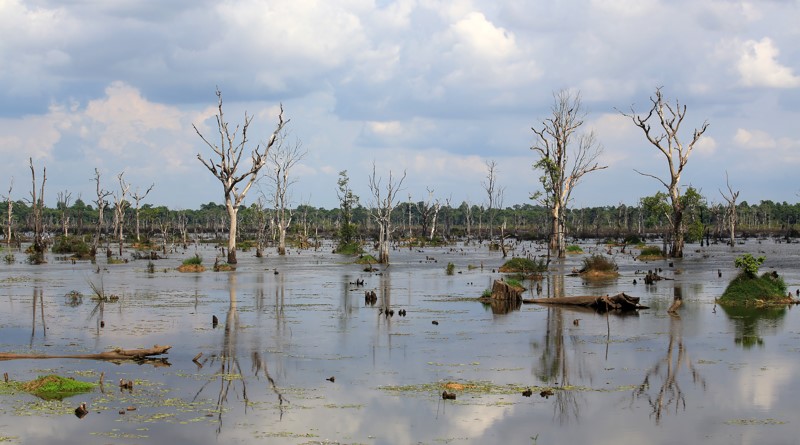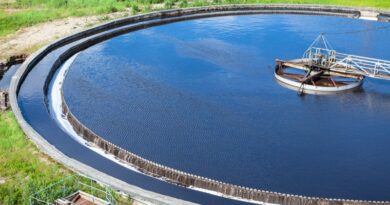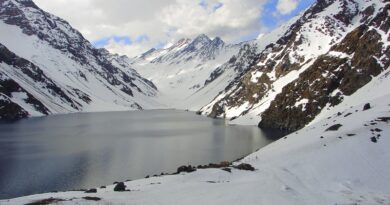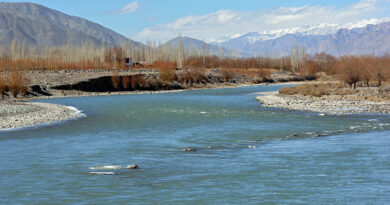Water’s value accounts for 60% of global GDP, but remains chronically undervalued

The global water crisis threatens an estimated $58 trillion in economic value, food security and sustainability, a recent report released by the World Wildlife Fund (WWF) has said.
Water’s value is equivalent to 60 per cent of global gross domestic product (GDP) but the resource remains chronically undervalued, the report – The High Cost of Cheap Water – states.
“Water, the world’s most precious yet undervalued resource, lies at the heart of a mounting global crisis that threatens not only food security, but also human and planetary health”, warns the report, adding that degradation of rivers, lakes, wetlands and aquifers threatens their economic value and their irreplaceable role in sustaining not only our food security, but also human and planetary health.
The report finds that direct economic benefits, such as water consumption for households, irrigated agriculture and industries, amount to a minimum of $7.5 trillion annually. It also estimates that the unseen benefits – which include purifying water, enhancing soil health, storing carbon, and protecting communities from extreme floods and droughts – are seven times higher at around $50 trillion annually. But the world’s freshwater ecosystems are in a downward spiral, posing an ever growing risk to these economic values.
According to the WWF report, the value of water to societies, economies and ecosystems is infinite: water provides benefits to us through our consumption and use, but healthy water ecosystems also provide indirect benefits such as water purification and flood regulation.
Some values, such as the value of water in maintaining biodiversity, and its value in our religious and cultural practices, are impossible to classify in economic terms. However, the report emphasises that it is important to place a greater value on healthy ecosystems, as the degradation of rivers, lakes, wetlands and groundwater aquifers is putting this value at risk and threatening climate resilience.
Political momentum around the valuation of water is increasing, especially since water and rivers have been mentioned mentioned for the first time in the United Nations Climate Change Conference (COP 27) cover text. Businesses are also starting to change their behaviours as they experience water risks first-hand and acknowledge the importance of water risk management for their financial resilience. Financial institutions are also becoming aware of the freshwater crisis and are responding with new risk management mechanisms and innovative instruments to bridge the water financing gap.
Since 1970, the world has lost one-third of its remaining wetlands, while freshwater wildlife populations have, on average, dropped by 83 per cent. This disastrous trend has contributed to growing numbers of people facing water shortages and food insecurity, as rivers and lakes have dried up, pollution has increased and food sources, such as freshwater fisheries, have dwindled, the report said.
To address the global water crisis, WWF calls for governments, businesses and financial institutions to urgently increase investment in sustainable water infrastructure. However, it cautions that outdated thinking, which focuses solely on more built infrastructure and ignores the source of the problem: degraded rivers, lakes, wetlands, and aquifers, will not solve the water crisis, especially in the era of climate disruption.



